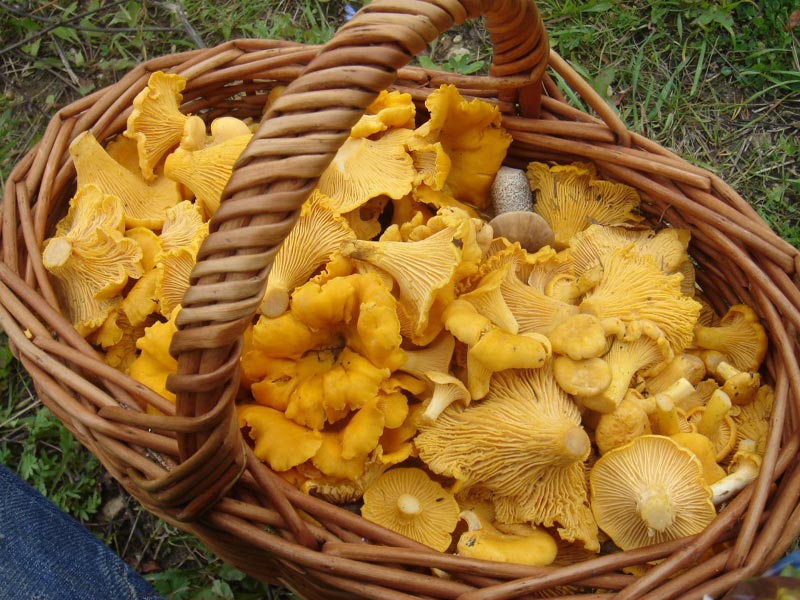By means of conversations for action leading to cooperative creation and distribution of resources: food, housing, tools, knowledge, care - all the necessities of life.
Conversations for action because people want to agree on their actions rather than being commanded. Cooperative creation and distribution of resources because cooperation makes us all stronger while exploitation makes some stronger and some weaker and eventually all weaker. Mutual coordination instead of command and control.
Internetworked because cooperative economic networks will be stronger than competitive individuals. By internetworking, we can pool ideas and resources, create things together, and build regional economic ecosystems that can behave differently from capitalism.
The details of internetworking are simple but evolve into complex systems.
They are input-process-output networks, where the output resource of one process becomes the input for another. Sometimes the resources are tangible, sometimes intangible.
The input-process-output networks can grow into economic ecosystems. That's what we are trying to make happen: connect all the similar but disconnected experiments toward a better economic system into an actual real-life better economic system.
Back in the 1990's, when supply chain systems were rising, their motto was "the best supply chain wins, not the best company". Then the thinking broadened to the best value system, then the best value network. Now it's the best economic ecosystem.
But all of these formations under capitalism have a fatal flaw: some of the participants in the ecosystem are trying to grab more of the value for themselves, which degrades the whole system.
And by ecosystem, we really mean ecosystem. The economic ecosystem is part of the whole ecosystem. When any part of the ecosystem tries to grab more for itself at the expense of some other part, it may weaken the whole system. The rule should be mutual benefit as much as possible. If you degrade the soil, you will degrade the crops. If you degrade the crops, you will degrade those who eat the crops. If you as a capitalist impoverish your workers, they will no longer be able to buy your products. And so on.
We don't know exactly how that will work yet. Lots of people around the world are doing experiments on the ground.
These groups usually need some operational infrastructure to make their work more productive. Mainstream software options don't really work well for them, because the software is designed to support individual capitalist enterprises.
We would like to see all of these experimental networks handle economic activity using open source distributed software, networked using standard vocabularies and protocols.
More and more, lots of younger people are working on smaller open source applications, and applications that will ride on the internet in a distributed manner. We are working with some of those experimenters and watching the others.
We're interested in collaborating with other software projects who see themselves as part of the same set of solutions, and other groups who want to work in close collaboration with this kind of software development.

Chanterelles are mycorrhizal mushrooms. (We would have used that as our name, but who can spell it?!?)
Mycorrhizal mushrooms create networks underground, sometimes very large. They form mutually beneficial relationships with plants, where the mycorrhizae help the plants get food from the soil, and the plants help the mycorrhizae get food from the sun.
Back in the Devonian age, when ocean plants started to colonize the land, they would not have been able to do so without forming relationships with mycorrhizal fungi that were already there.
Think of this as the Devonian age of the next economy.
Powered by w3.css
Please send us an email if you want to contact us directly.